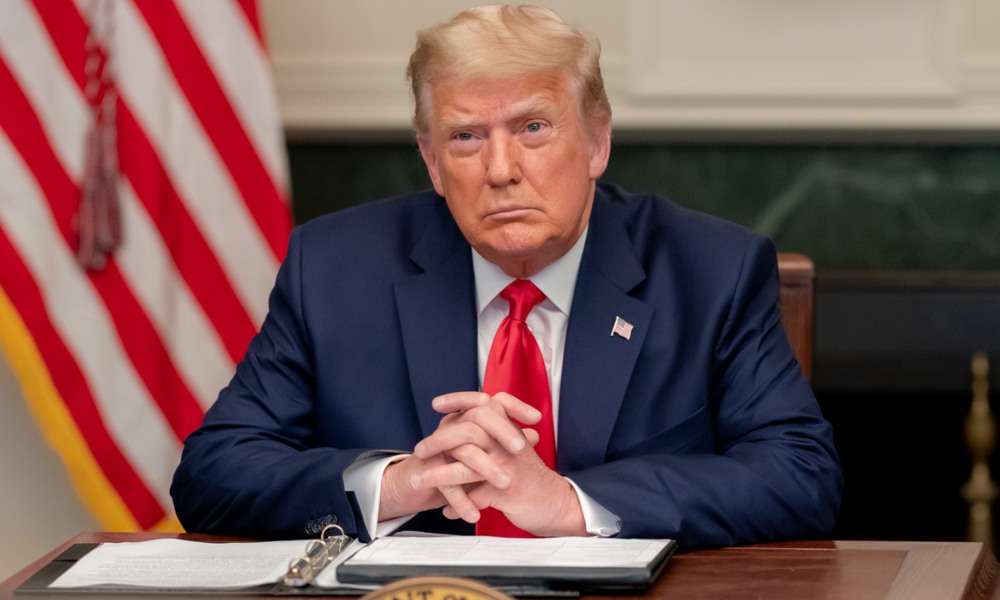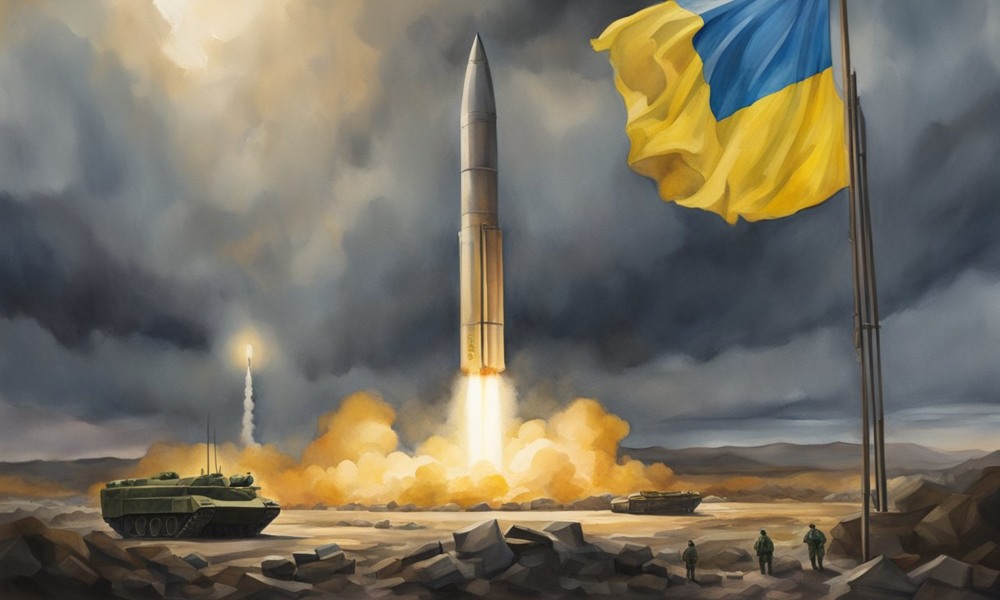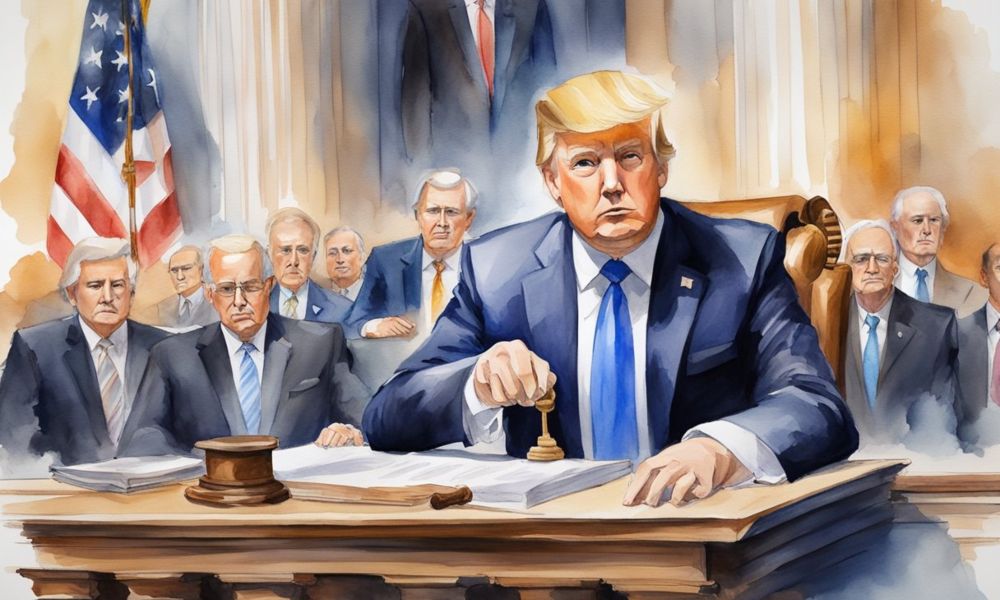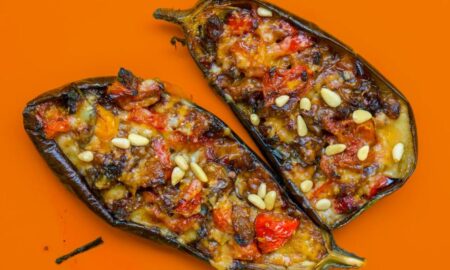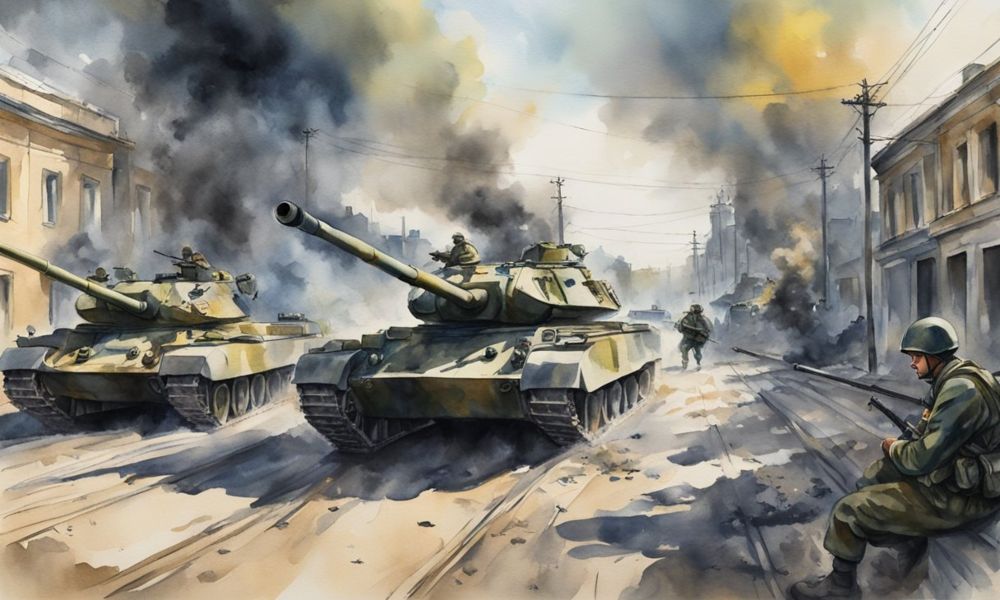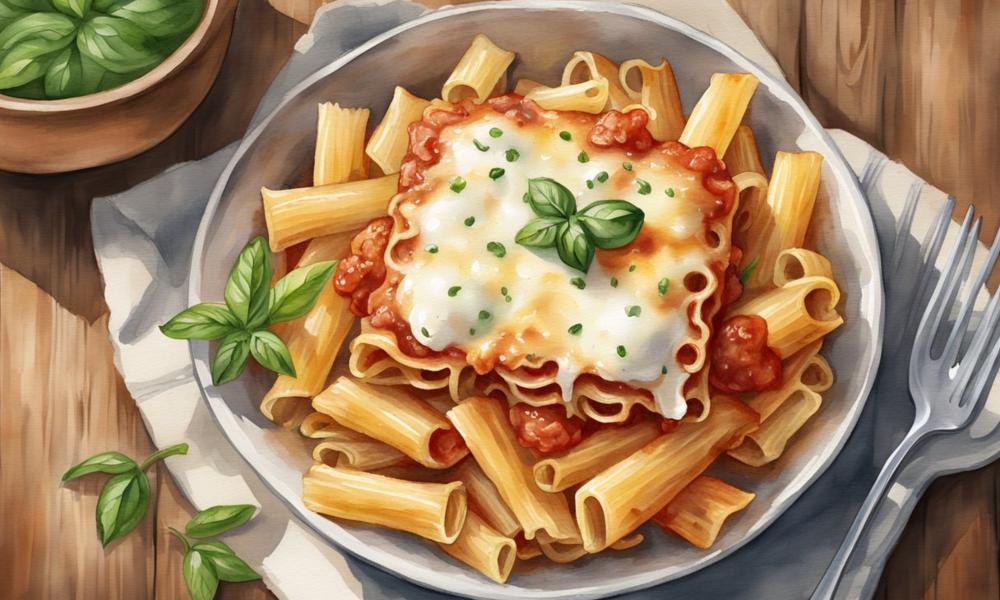Can the president be charged with a crime for actions related to their job? The Supreme Court just discussed this big legal question.
Here are the key points:
- Trump’s lawyers argued the president has complete immunity and cannot face charges for official acts
- Department of Justice lawyers said the president has no immunity at all
- Some justices seemed to want a middle ground – immunity for official acts but not personal crimes
- The court may send the case back to a lower court without deciding the big immunity issue
- If Trump wins re-election, the charges against him may get dropped without a trial
Should you keep reading to learn more about this critical case? Yes!
Trump’s Lawyers Say President Has Total Immunity
Trump’s lawyers made a solid claim. They said the president cannot face any criminal charges for actions related to his official duties as president. This would mean Trump could not be prosecuted for things like challenging the results of the 2020 election.
The lawyers compared it to a president ordering military strikes against terrorists. Just like ordering strikes is an official duty that can’t lead to charges, they argued challenging election results is also an official act over which the president is immune from prosecution.
The lawyers compared it to a president ordering drone strikes against terrorists. Just like ordering military strikes is an official duty that can’t lead to charges, they argued challenging election results is also an official presidential act covered by immunity.
In their view, the only actions a president could face charges for are personal crimes utterly unrelated to the job, like poisoning someone out of personal hatred. But anything a president does as part of their official work would be immune from prosecution.
Department of Justice Says No Immunity At All
On the other hand, lawyers from the Department of Justice argued the complete opposite—they said presidents have absolutely no immunity from criminal charges, even for official acts.
The DOJ lawyers claimed it would cripple the presidency if presidents constantly faced potential prosecutions over official decisions. But the justices pushed back, with some saying, “How could a president function with zero immunity at all?”
The DOJ tried to say that its workers were ethical and would never wrongly charge a president for political reasons. However, some justices mocked this claim, pointing to the politically charged investigations against Trump.
Justices Search for Middle Ground
During over two hours of arguments, several Supreme Court justices disliked the extreme positions on both sides. Instead, multiple justices appeared to favor a middle-ground position.
Under this potential compromise, presidents would have immunity from charges for official acts taken as part of their jobs and duties. However, they would not have blanket immunity for personal, private criminal acts utterly unrelated to their role.
The critical question would be whether a specific action qualified as an official presidential act covered by immunity or a personal criminal act that could be prosecuted despite the presidency.
Case Could Go Back to Lower Court
However, the justices may delay answering that key immunity question. Several justices raised the possibility of sending the case back to a lower court for more deliberation without settling the bigger immunity issues.
If that happens, it’s unlikely a new trial against Trump would even start before the 2024 election. And if Trump wins re-election, the charges might be dropped entirely without a definitive immunity ruling.
Some pointed comments came from Chief Justice John Roberts, who mockingly said the legal standard used by lower courts was meaningless. Roberts may favor kicking the case back down to define a better legal test.
Conclusion
The Supreme Court spent hours debating whether presidents should have broad immunity from criminal prosecution and, if so, where the limits lie. With the justices seeming divided, a compromise position allowing immunity for official acts but not personal crimes could emerge.
However, by punting the case to a lower court, will we miss a chance to get a clear, final ruling on this vital issue of presidential powers? The stakes are high for both Trump and future presidents. What do you think the court should decide?
